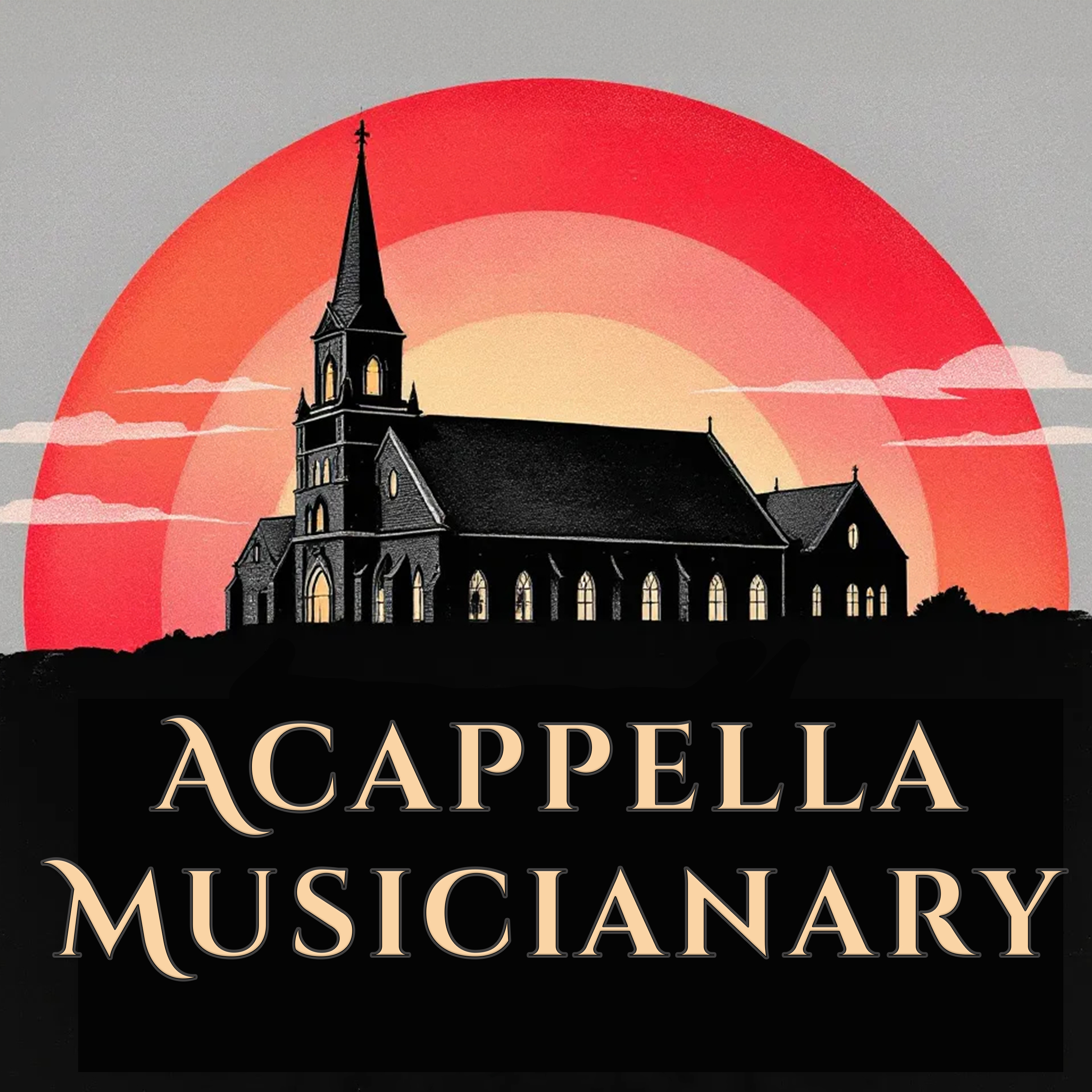Episode Transcript
Keith Lancaster
What if I talk to you in this monotone sound with no variation whatsoever?
Or whisper...
Or if I speak loudly all the time? Normally, there is a natural variety and dynamic contrast in our conversations and communications. Likewise, for music to be beautiful, there needs to be variety. Yet, some song leaders have no clue about this. Stay tuned.
My name is Keith Lancaster of Acappella Ministries. I want to invite you to sign up for our email list so you can know when we're going to be in your area. And also to make you aware of recordings you can join, a special singing cruise, travels, nationwide gatherings. After visiting hundreds and hundreds of churches to study their congregational singing,
I believe it is safe to say there is no dynamic contrast in the volume during Sunday morning assemblies. What do I mean by that? I'm talking about singing phrases intentionally, interpretively, softly, while others are emphatic and loud, and knowing the differences. When we talk about dynamics, we're simply talking about the volume.
And thinking of the old saying, "variety is the spice of life", there's one characteristic that makes music beautiful. High dynamic contrast, celebrating the highs and lows, the loud and soft. Yet when you study the average persons in the pew on Sunday mornings, they sing everything at the same level. The loud passages are at this volume, the soft passages are at this volume. And if that is one of the factors that makes music beautiful, how can we employ this wonderful expression? I think it all comes back to the leader. First of all, the leader can teach and train any group of people to sing this way.
And after teaching the people to sing this way, the leader can direct with visual cues and with their voice -- when to sing softer, when to sing louder, when to sing faster, when to sing slower, when to sing smoother and / or more staccato. I know that the average person does not want to experience the gathering as a musical training class. And I'm not talking about that.
However, with minimal instruction and with clear direction, any group can enjoy high dynamic contrasts. What can make a huge difference in the impact of congregational singing is this very thing. Let me offer an easy suggestion about how you can ensure high dynamic contrast in your singing. Why not select certain songs, actually many, will work well with this technique. Sing the verses softer and the chorus is louder. That's it. Alas and did my Savior bleed. Sing the verses softly. Then when you get to the chorus. At the cross, at the cross where I first saw the light. (louder)
"Who else commands all the hosts of heaven." Sing that verse, or four verses in that song, sing them softly. And then the chorus (louder:) "Come and behold him." I share this tip with you because it's extremely easy. It's an easy way to experience beautiful, dynamic, interpretive contrast in the music. I know that most people say they don't read music. But they could easily tell if the notes are going up or down. And at some point you can explain to them the lowercase p, the letter p meaning piano, is an indicator to sing softly. While the lowercase f, standing for forte, means sing louder. With our Praise and Harmony Song Fest singing weekends for churches, I intentionally choose not to get bogged down in music theory and go deep into teaching rhythms and timing and such. But doing this softer verse loud chorus exercise will delight the congregation and bring new expression to your singing in a very easy and effective way.
One of the best conductors that I've ever known and one of the most effective instructors is Jules Cseszko of Melbourne, Australia. He teaches at our Worship Leader Institute every year. He now has a song directing class on our streaming subscription service called praiseandharmony.tv There's a free trial if you want to check that out and be blessed by his amazing instruction.
So don't approach everything with no variety and no expression. Breathe life into the singing by directing the dynamics, by teaching the dynamics, by encouraging the dynamics. Although most congregations don't do it, it's much easier than you think.
I will praise the Lord all my life. I will sing praise to my God as long as I live.
